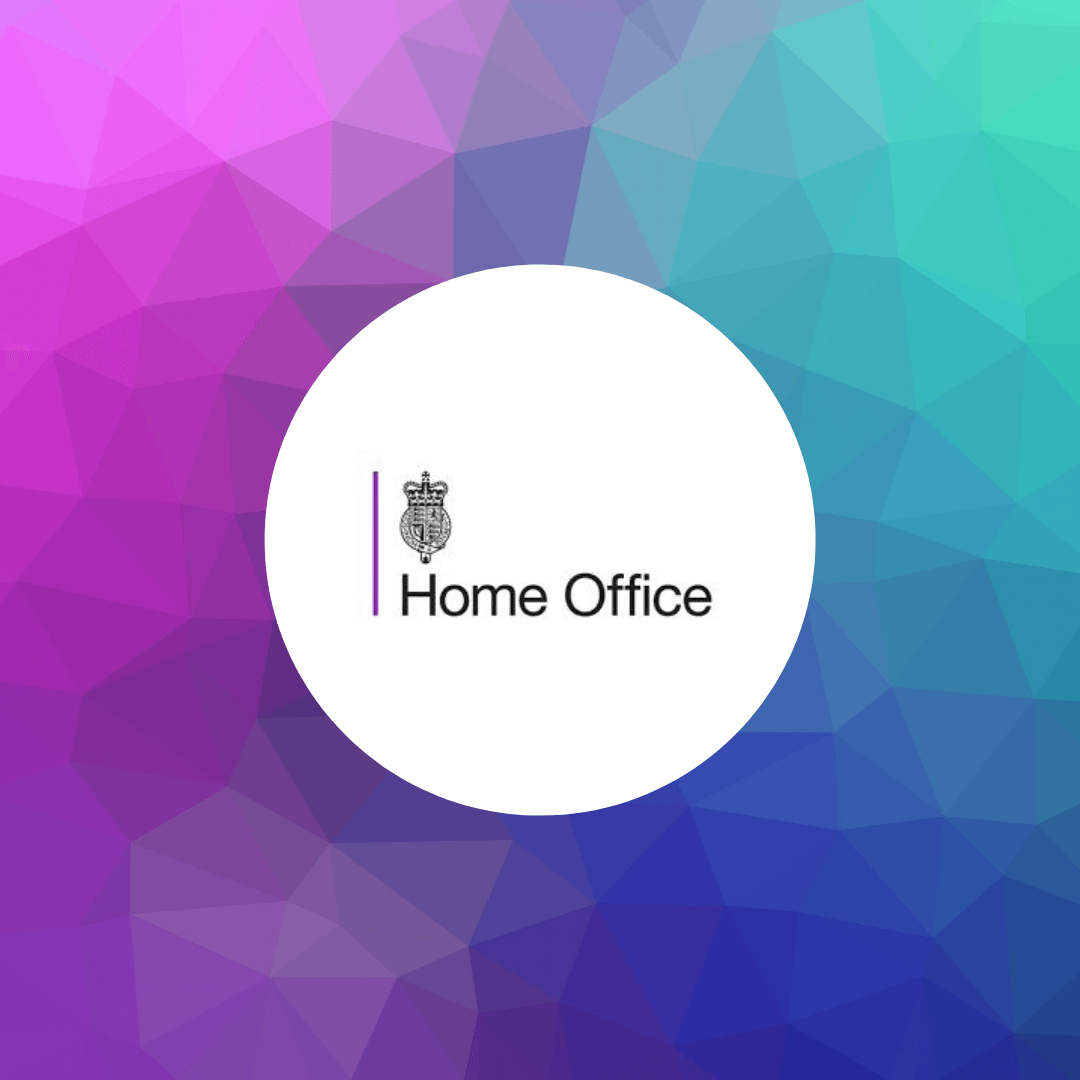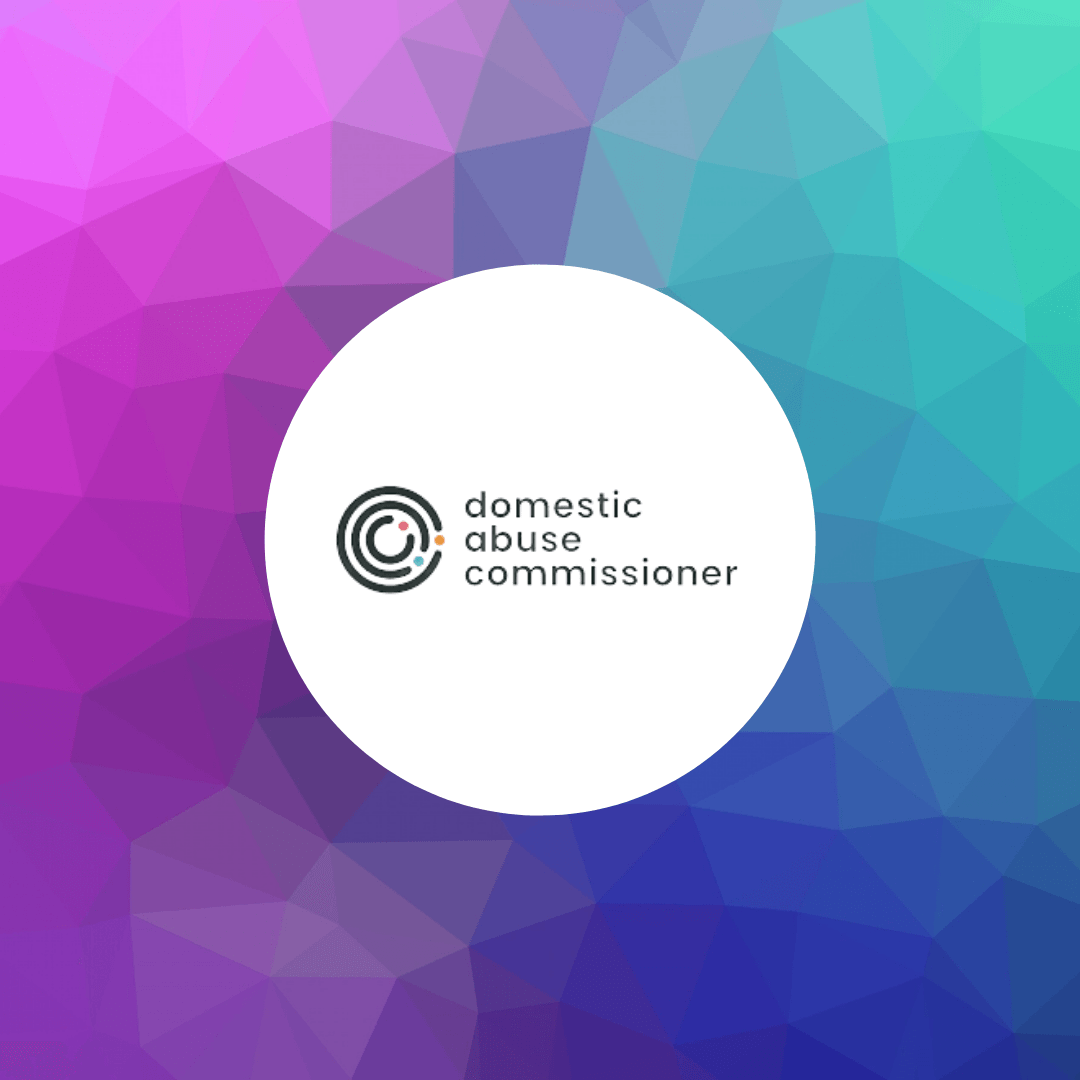Search results for 'resources' (16)
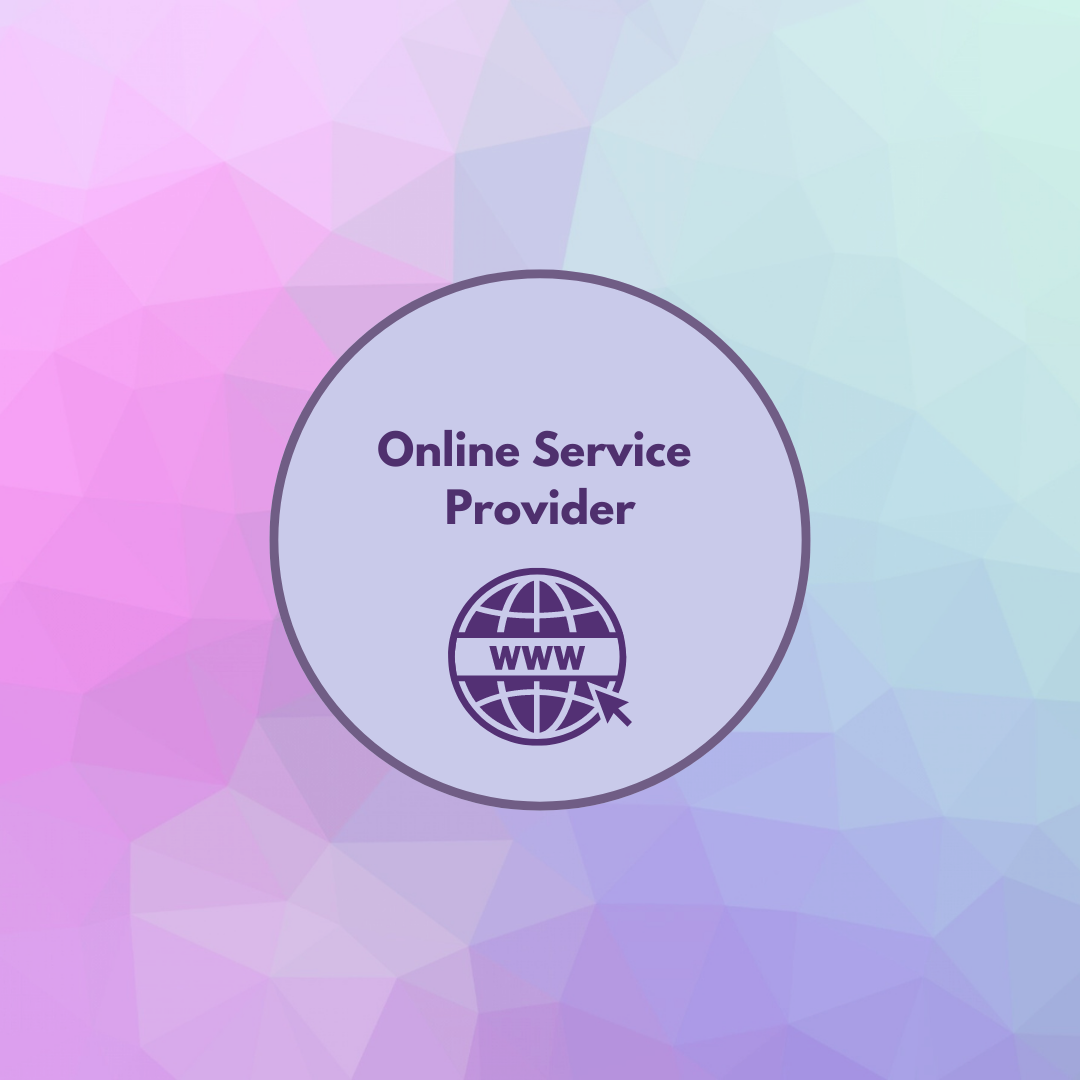
PEGS first started their services in March 2020, the day the UK went into lockdown in fact , so our support has always been provided via online platforms and phone calls. There are various reasons why we remain online, one of the biggest is that those we support have identified that this is their preferred method of support. A lot of parents and caregivers are unable to leave their homes to access support , being online means that they can still receive support from us. It is also one of the safest way to provide that support to those experiencing child to parent abuse, not only for the parent or caregiver but for the PEGS practitioner team too. Our Founding Director has said she is unwilling to place any of the team at any risk of harm and often the most riskiest time for parents is when a professional has attended the home, it important that this is also taken into account to ensure the safety of those living in a home where child to parent abuse is occurring. With the PEGS head office in Shropshire and team members in Derbyshire and Manchester it would be incredibly difficult to provide face to face support to parents who live out of these areas, but we still find those in those areas wanting us to provide telephone or virtual video calls for support. By being online means that parents have more flexibility in accessing us, they choose the time that works for them and we always ensure that the person accessing support is in a safe and confidential space. Being a online based service has not impacted our ability to reach those who need us, we have supported in excess of 5000 parents, carers and guardians since we started , neither has it stopped us delivering training , providing consultancy or creating a national covenant for employers. With the demand for our service increasing by the day and with a limited practitioner team we had to find a way to provide support, we initially started with a weekly practitioner led session, this session quickly grew and we now run a session every weekday so that parents and caregivers have various opportunities to speak to someone. If we provided face to face these sessions would not be as accessible or as successful. As with everything there are pros and cons, for us, the positives far outweigh the negatives and with parents specifically expressing this is their preferred way to access us, we will continue with this framework of support. To find out how to access support or to attend our daily practitioner led sessions, you can complete a referral form or contact the team at hello@pegsupport.com

'Oh, we love having the grandchildren, especially because we can give them back!' How many times have you heard that? But have you heard 'We dread our grandchild coming to visit, we never feel safe until they've gone home'? Child to Parent Abuse is increasingly a topic of research but there is currently no formal definition and, if the consultation carried out by the Home Office in 2023 results in one, it's likely that grandparents won't get a mention in the main title. Of course, the age of grandparents can vary hugely but for those in the older age groups abuse from a child can be hard to understand and even harder to speak about. Whilst in many cases abusive behaviours are not linked to a health or mental health issue, some of the diagnoses involved in some cases of child to parent abuse weren't known until fairly recent times – ADHD was first recognised when mentioned in a National Institution of Clinical Excellence (NICE) report in 2000! Children who we now categorise as being victims of abuse and trauma were often just seen as 'naughty' back in the day and their behaviour needed to be dealt with by punishment. It's essential that we now recognise when children are asking for help – even if that is demonstrated by negative behaviours – but the impact of these behaviours on the whole family needs to be considered. Information Now say that In the past two generations, the number of children being cared for by their grandparents has increased substantially from 33% to 82% - almost two-thirds of all grandparents regularly look after their grandchildren. The UK Government add that 41% of mothers are working full time so it's clear that grandparents are spending more time with their grandchildren than ever before. There are myriad reasons for this including the changing demographics of an ageing population where many grandparents are now more physically active so spending time with grandparents can be more fulfilling than in the past (anyone else remember sitting in silence listening to the adults talk and drink team and hoping it would be time to go home soon?) But for all those positives, abuse of older people is a negative that's featuring more and more in research and in the news. Whilst several studies on both domestic abuse and elder abuse victimisation have reported that adult sons or grandsons, and a smaller proportion of adult daughters or granddaughters, are perpetrators in around half of all abuse against older adults (see Bows et al . 2022), there is little research into abuse by grandchildren who are aged under 18. One reason for this is likely to be the reluctance, by family members, professionals and society as a whole, to label children as 'perpetrators' or 'abusers Parents experiencing abuse from children have told PEGS that the abuse most commonly starts before the age of six and often continues post the child turning 18. It is probable that some children who display abusive behaviours towards parents will also abuse their grandparents but it's possible that some children abuse grandparents only. What is pretty much definite is that grandparents will feel the same emotions as parents if a child is abusing them – shame, guilt, worry about consequences of speaking out and concerned about causing problems within the family, especially if they appear to be the only targets of the abuse. It's also common to look for a reason for the abuse, something that has happened to the child perhaps or something that the grandparent has/hasn't done and to try to rationalise the abuse. As well as more research, there needs to be more recognition from organisations working with older people – statutory and voluntary – that Child to Parent Abuse can and does include children abusing grandparents and those grandparents need support. Abuse from a child is often no less dangerous than abuse from an adult so it shouldn't be laughed off or seen as grandparents not having enough 'control' over their grandchildren. More awareness of the issue, more open discussions and acknowledgement of the impact of this type of abuse will hopefully lead to appropriate support for grandparents who come forward to ask for help, and more of them doing so. Amanda Warburton-Wynn is an independent researcher and consultant specialising in support for domestic abuse and sexual violence survivors with disabilities and older people. You can find out more about Amanda and her work on her website www.awdaconsultancy.com
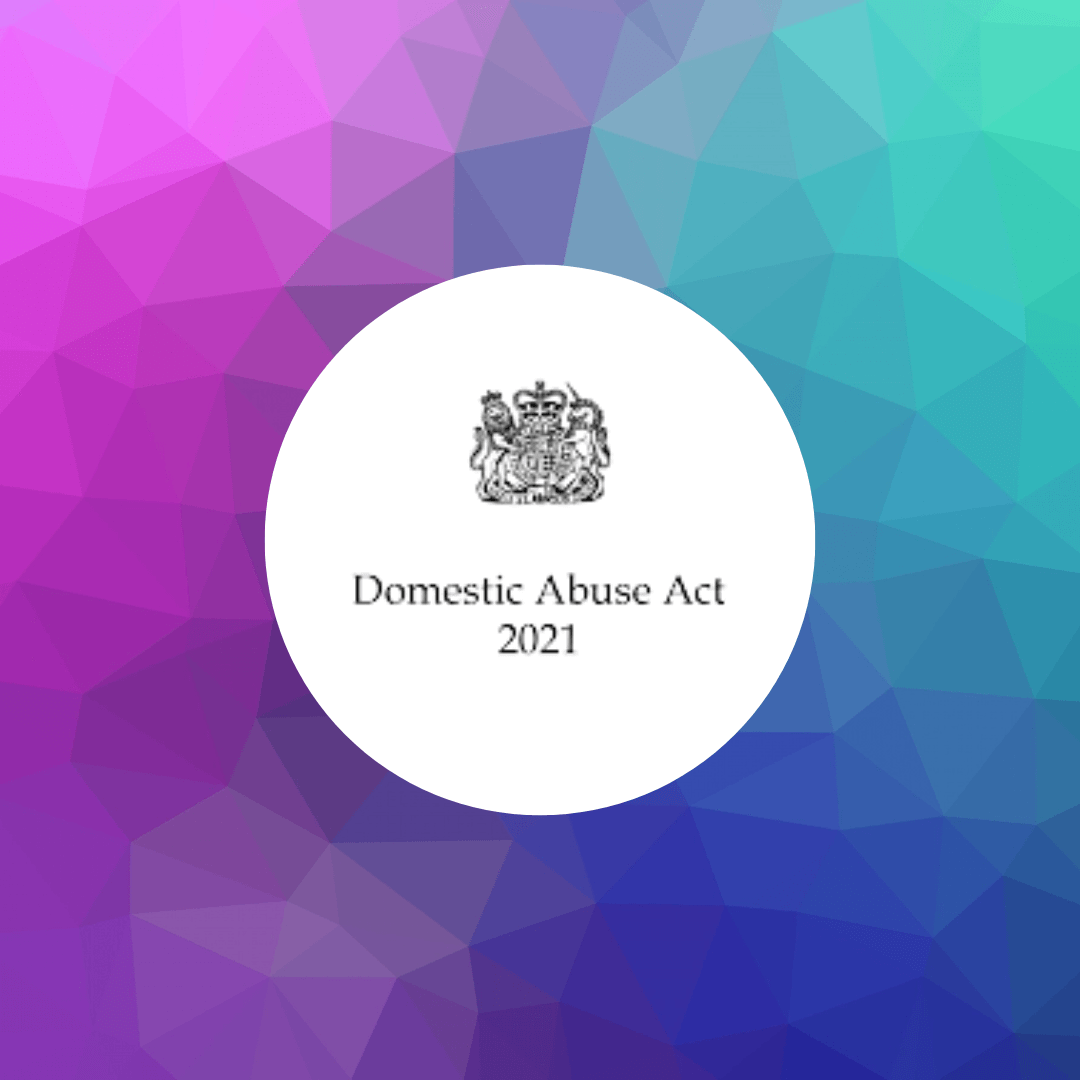
A leading campaigner has spoken of her delight at the inclusion of Child to Parent Abuse within a newly-published document relating to the Domestic Abuse Act. Shortly after launching PEGS, Michelle John was asked to support the Home Office as they prepared the statutory guidance which is linked to the 2021 Act and highlights best practice to organisations such as police forces, local authorities, schools and domestic abuse services. This guidance was published on Friday (8 th July) – marking the first time that Child to Parent Abuse has been included in a Home Office document of this kind. Michelle explains: “CPA has remained largely under-reported and under-recorded, meaning there’s a real lack of knowledge and understanding compared to intimate partner domestic abuse. That’s why it was so important to have CPA included in this document, which highlight best practice to organisations across England and Wales. “Myself and the PEGS team are particularly thrilled to see the inclusion of a recommendation around the development of advocacy roles to support parents, carers and guardians – for example, during social care meetings. This is something that we have been offering for the last couple of years, so having this role officially recognised and encouraged as part of these documents is great news. “This is a real step forward for the many thousands of parents experiencing Child to Parent Abuse – which is estimated to affect at least 3% of UK households.” The document states CPA can involve children of all ages, including adult children. While there is no specific legal definition of CPA, it is ‘generally accepted to involve some of the patterns of behaviour that can be found in other relationship contexts’. These can include humiliation, belittling language, violence and threats, jealous and controlling behaviours, damage to property, stealing and heightened sexualised behaviours. It continues: “Like other forms of abuse, child-to-parent abuse is characterised by shame and stigma which could mean parents are less likely to report the abuse to the police. Parents may fear being blamed, disbelieved, or conversely having their child taken away from them or criminalised leaving them reluctant to seek help. “Recorded incidents likely represent only a small number of real cases as families facing crisis point make the difficult decision to disclose their abuse. Victims of this type of abuse should also receive appropriate domestic abuse response and support.” The document recommends professionals ‘recognise the dynamics, impact and risk’ when responding to CPA – including commissioning specialised local CPA services or embedding trained staff as part of a multi-agency referral system. It adds that the Home Office intends to publish updated CPA guidance later this year. Click here to read the full document.
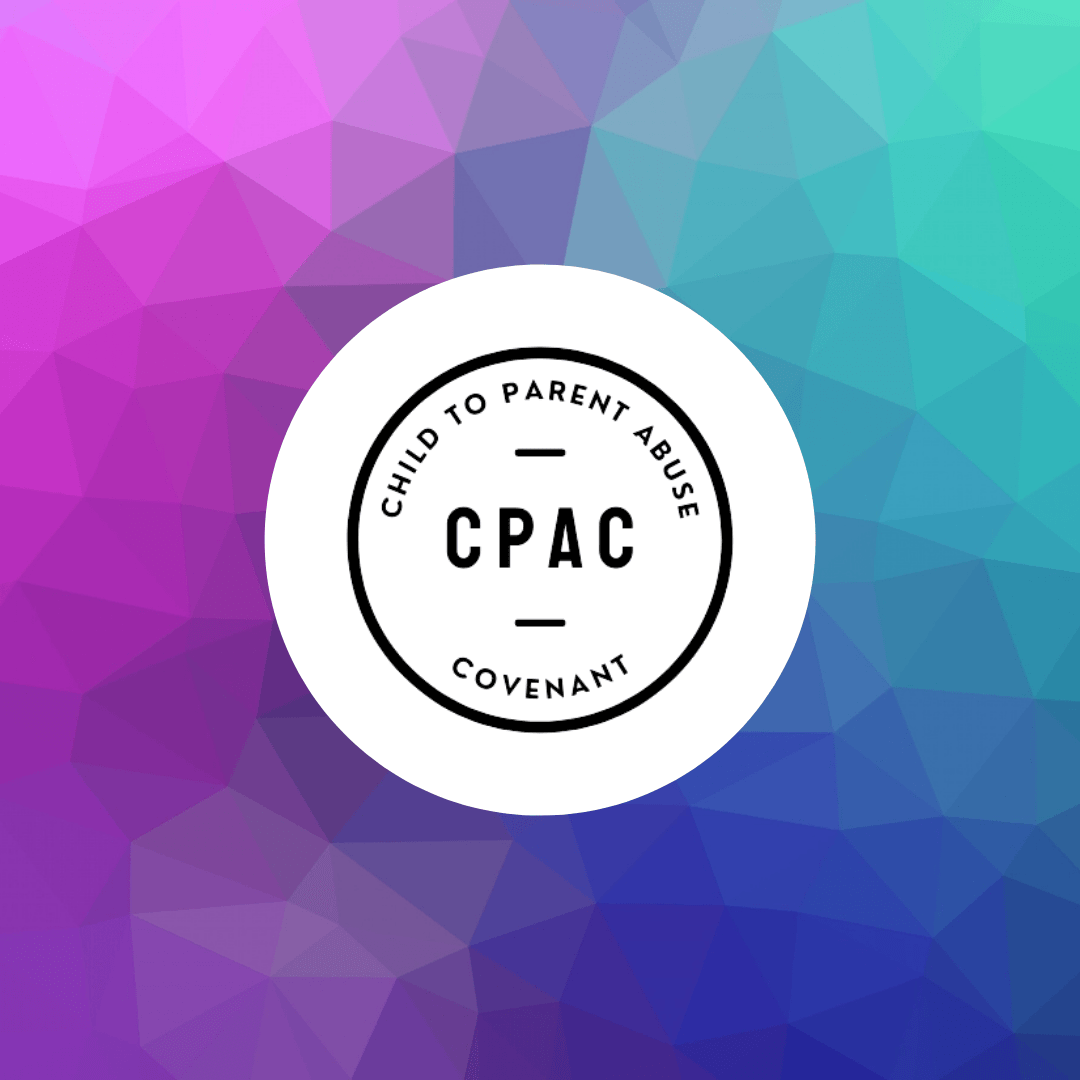
Employer support for parents being abused by their children is set to be stepped up thanks to the launch of a national covenant. PEGS has partnered with the Department for Work and Pensions to create the CPA Covenant, in a bid to ensure organisations are able to effectively support both staff and service users. Our Founding Director Michelle John explained the main aim was to ensure employers included CPA in their policies and practices around domestic abuse, as well as bringing the often-hidden issue to the attention of more organisations across the UK. “We wanted to ensure managers and HR teams were supported to learn more about CPA, discover how it could be impacting their service users and own staff, and implement effective policies and practices which are going to truly support those affected by this issue,” she added. The term Child to Parent Abuse covers a range of abusive and violent behaviours displayed by a child of any age (including adult offspring) towards their parent, carer or guardian. Often other family members such as siblings are impacted too, and experts believe between 3% and 10% of UK households could be affected. CPA includes physical, financial, verbal and even sexual abuse – and often has a profound impact not only upon family life, but also the parent’s relationships, physical health, mental health and employment. Among PEGS parents, in excess of 40% have been forced to reduce their hours or leave work altogether as a direct result of the abuse. Michelle added: “Staff members may not feel comfortable disclosing to their employer that they are being abused by their child, especially if there’s no support structure in place. In many cases, their manager may not have even heard of CPA, and it’s even less likely that they have existing CPA-focused policies and practices. “We’ve been training organisations such as local authorities, police forces and charities for the past 18 months so we know it’s something that managers are willing to learn more about once they realise the significance. After most sessions I lead, at least one of the professionals being trained discloses that they have been impacted by CPA, which is why it’s important that organisations look to support their own staff as well as service users. “There are so many ways organisations can assist – such as implementing different working patterns or enabling their employees to access support services during their working day; but most of all, parents experiencing CPA simply want to be listened to and believed. A supportive atmosphere where they feel comfortable to disclose their situation makes all the difference.” Organisations signing up to the Covenant will be able to access a free exclusive one-hour webinar with Michelle, which will cover the basics of CPA and ideas of how they can begin to implement CPA policies and practices – as well as a wealth of information and resources to help them do so. Tony Hyland, Senior National Account Manager for the DWP, said: “The DWP is delighted to support in the promotion of the CPAC which, building on our work in establishing the Care Leaver Covenant (CLC) and the Employers Domestic Abuse Covenant (EDAC), will not only provide affect parents with practical assistance – but will also engage our National Employers and Partners in highlighting this issue and signing up to the Covenant itself, thereby working with PEGS on an ongoing basis.” To sign up to the CPAC, simply click here .












